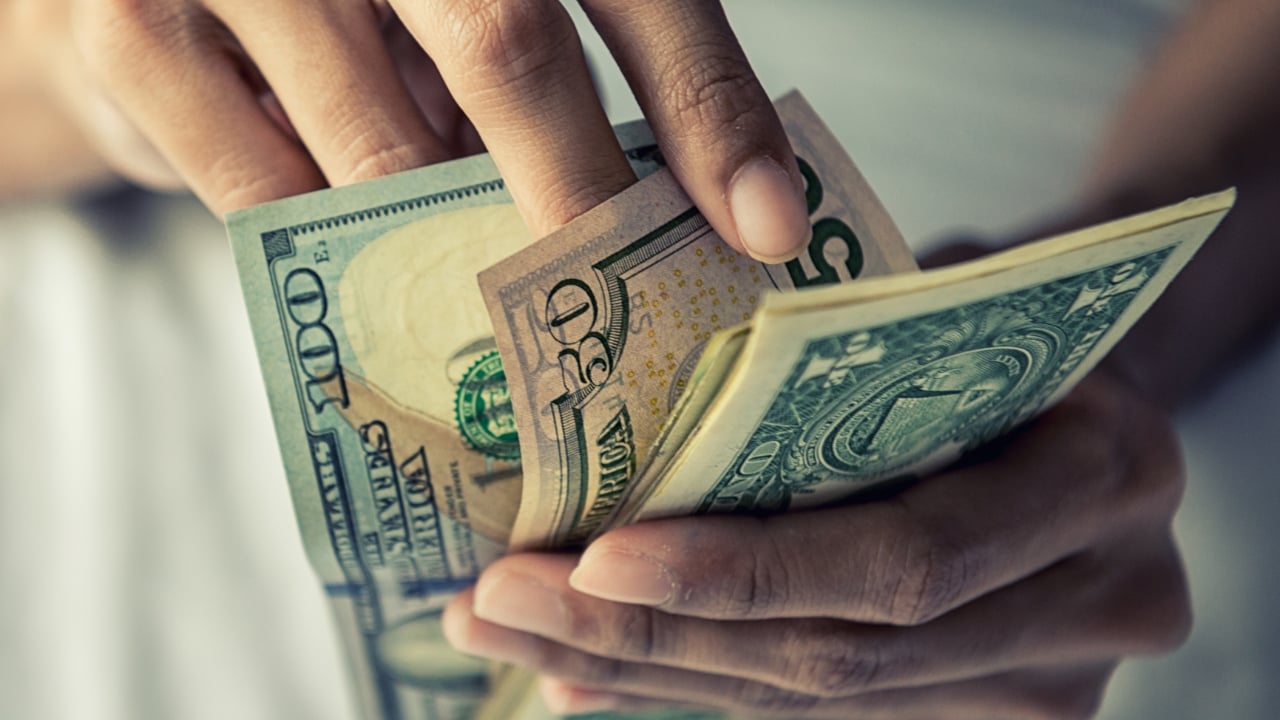Study: The Shocking Rise of Credit Card Debt Among Retirees

We spend our whole working lives hopefully preparing for the day we can retire. We meticulously plan and save, but sometimes, things don’t go according to plan.
A recent Employee Benefit Research Institute poll took a deeper look at the spending and savings habits of 3,600 retirees. What it found was the economy has been a significant factor in driving debt among the older population, putting some of them at increased risk of running out of money.
According to the EBRI, there’s been a concerning trend that could affect how comfortably retirees live.
How Many Retirees Have Credit Card Debt?

The EBRI survey found 68% of retirees have outstanding credit card debt, a number that has grown exponentially since 2022, when it was just 40%.
Between 2020 and 2022, that figure had actually been declining, so to see it on a steep incline is indicative of a more significant problem.
What’s Causing This Uptick?

Higher costs across the board are largely responsible for the uptick in credit card usage. That’s a result of inflation. Though inflation has rebounded and is in a healthy place at the moment, the fact remains that costs are still notably higher than they were four years ago.
Paying more for groceries, gas, and even utilities has put the pinch on many budgets. Retirees facing a shortfall of cash are turning to credit cards, an unviable long-term solution.
Spending Is Up

Because costs have increased, so has spending. And many retirees say it’s more than they can afford.
In 2022, 27% said their spending was more than they could afford. That was a 10% increase from just two years prior in 2020. In 2024, however, that continues to trickle up with 31% saying spending is either a little higher or much higher than what they can afford.
How Economic Changes Have Impacted Savings

The overall economic changes over the past few years have also impacted retirees’ savings accounts. According to the EBRI, half of those surveyed found they hadn’t saved enough. Only one-third said they saved enough and only 17% had more than they would need.
Adding onto that, just 59% have an emergency fund, while 36% said they had to dip into it to cover unexpected needs since they quit working.
How to Avoid Significant Credit Card Debt

Many people can’t avoid some kind of credit debt, but when it starts racking up, that’s when you really need to take a closer look at your lifestyle.
As economic conditions change, you’ll have to change the way you spend and save as well. But it’s possible to avoid taking on more debt if you’re careful.
Budget

It could be argued that especially in retirement, you need to budget. After all, you have a set amount to live on and it needs to last. Each year, you should be jotting down your income and expenses and seeing where you have wiggle room.
Some years are bound to be tighter than others, for example, if an unexpected expense arises.
Use Cash

When it comes to spending, try to use cash as much as possible. This will keep you limited to spending only what you have with you at the time.
If you use your debit card, make sure you track your purchases and keep a tight rein on your spending habits. It’s very easy to swipe and forget, then wonder why your bank account has fallen far short of what you expected to have.
Pay off Credit Cards Sooner

The longer you carry a balance on your credit cards, the more you’re paying for all of your purchases, thanks to the hefty interest rates the companies charge.
Even if you can’t pay off your entire balance at once, it’s best to make more than the minimum payment each month. Each statement should come with a breakdown of how long it will take to pay off your balance with just the minimum payment and how much it’ll cost. The difference is astounding and enough motivation to pay it down quicker.
Get a Part-Time Job

This is probably the toughest of all, but if you find that your income simply isn’t cutting it and you need credit cards to bridge the gap, you’re going to fall into a trap it will take years to dig out of.
Getting a part-time job can help bring extra cash in. If you want, you can even find remote work, so you can do it from the comfort of your home and not have to travel to work.
Source: A recent Employee Benefit Research Institute poll.





